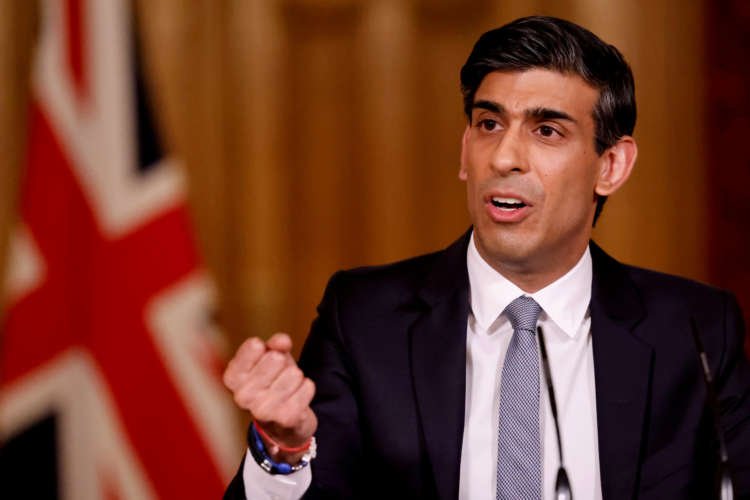Trading
‘Britcoin’ not bitcoin? UK considers new digital currency
Published by linker 5
Posted on April 19, 2021
1 min readLast updated: January 21, 2026

Published by linker 5
Posted on April 19, 2021
1 min readLast updated: January 21, 2026

Explore more articles in the Trading category











